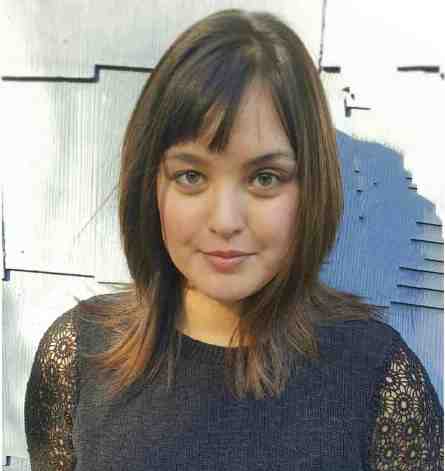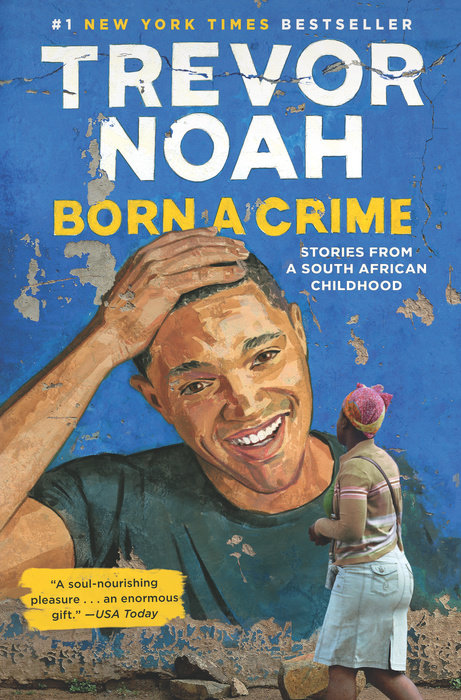Race In The Northwest: Hood River Man Learns His Family’s Surprising TruthPosted in Articles, Audio, Autobiography, Health/Medicine/Genetics, Media Archive, Native Americans/First Nation, United States on 2016-12-08 02:58Z by Steven |
Race In The Northwest: Hood River Man Learns His Family’s Surprising Truth
Oregon Public Broadcasting
2016-12-07
Anna Griffin, News Director
 Hood River writer and cidermaker John Metta. Anna Griffin/OPB |
Hood River, Oregon—John Metta grew up thinking of himself as mixed race: His mother was white. His father’s side of the family proudly proclaimed themselves a blend of African-American and Native American.
“Actually, I grew up always being the Indian kid at school,” he said. “I have pictures of myself in like fourth and fifth grade, and my hair was dead straight parted in the middle. I looked like the typical Native American.”
The family wasn’t entirely clear on where that Native American element entered the mix — someone at some point had spent time on the Seneca reservation in Western New York. Still, they embraced their native side…
…A few years ago, Metta’s sisters got curious about precisely which tribes and parts of the country their relatives came from. They asked an uncle to swab his cheek and had the sample tested. How much Native American blood did they find?…
Read the entire article here.





